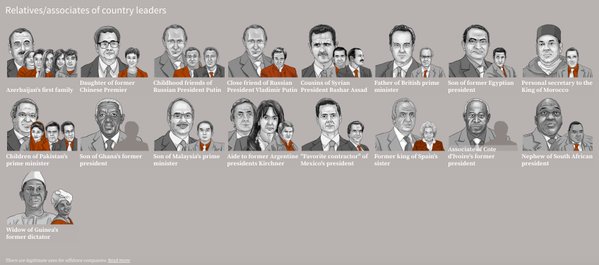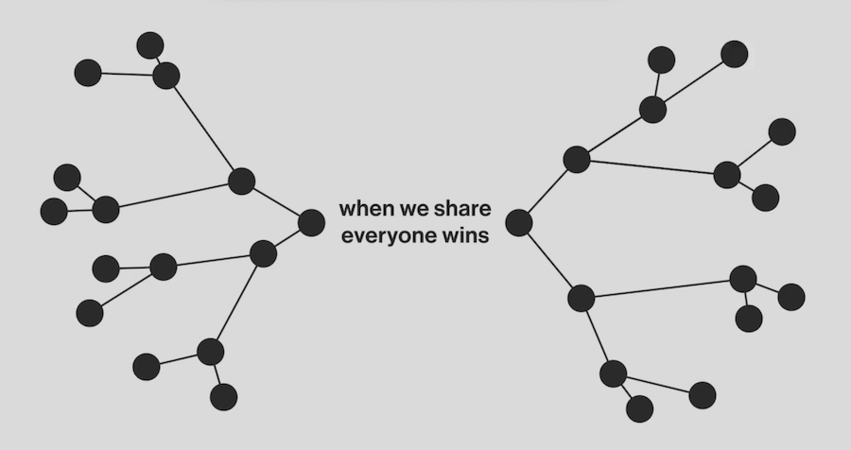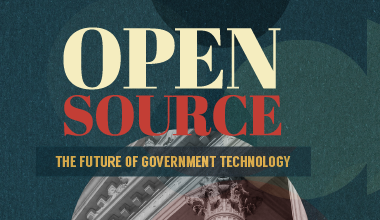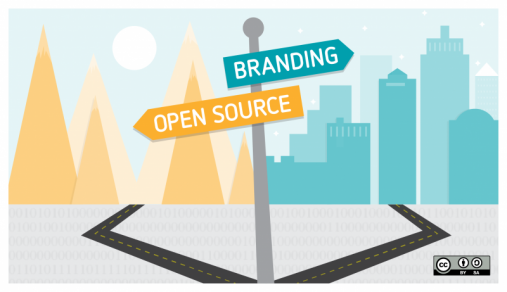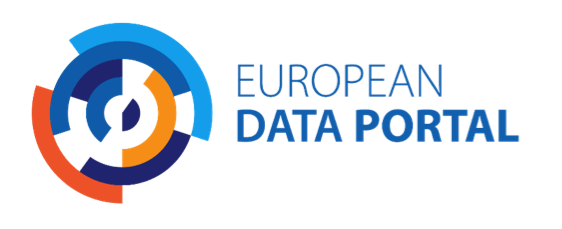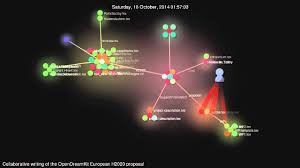What if we owned the Internet together? It’s time to bring the co-op revolution to the web
Just a year or so ago, Bitcoin was weird. The digital ‘crypto-currency’ had become fairly notorious as a preferred medium of exchange for hackers, outlaws, and the most strenuous libertarians. The underlying blockchain technology—a secure, distributed database requiring no central server or owner—was earning the curiosity of radicals and visionaries who saw in it the … Read more



